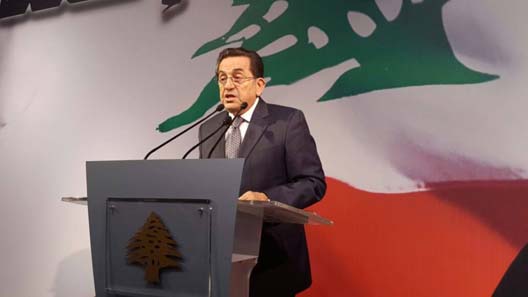Lebanese government inks $6.4 million loan to create tech hub


Lebanon’s government is moving forward with an initiative aimed at strengthening innovation and entrepreneurship in its mobile internet ecosystem.
Beirut’s Telecommunications Minister Boutros Harb signed a $6.4 million loan agreement with the World Bank on Tuesday to establish an NGO that helps youth launch tech startups.
“This is a 12.8 million dollars project where the MoT provides $6.4 million, and takes on 6.4 million from the World Bank,” said Walid Karam, consultant at the Ministry of Telecommunications. “The project will be executed over four years, and the ministry will start repaying the World Bank at the end of the four years with insignificant interest.”
The loan is just the latest step in the The Mobile Internet Ecosystem Project. The MIEP launched last year, and projects are already underway in Beirut, like this week’s Open Innovation Week, organized with major Lebanese stakeholders like AltCity and Bader.
Dubbed MIHub (Mobile Internet Hub), the NGO will provide a forum for Lebanese ecosystem actors to meet, coordinate, learn, and adopt the international knowledge and practices currently missing in Lebanon.
Work on the hub began in October 2014, when stakeholders in Lebanon’s mobile internet ecosystem convened for a collaborative workshop to design a space for entrepreneurship, creativity and innovation in Lebanon.
MIHub will include a living lab, and is intended to bring together different local industries to interact and share practical expertise for the development and application of mobile Internet tools to increase reach and competitiveness.
“We will not be building a physical space,” said Karam, “but we are counting on local stakeholders to provide space for MIHub’s activities.”
The aim is to increase open innovation and crowdsourcing, Karam said. And though the project will focus on mobile apps, it will take a broad approach and involve stakeholders across the ecosystem including universities, industry clusters, startups, microenterprises, incubators, angel investors, venture capitalists and government agencies.
The MoT expects 500 students to graduate and 60 startups to launch during the four-year program.
“Through partnerships with Lebanese universities, we will be organizing regular workshops on robotics, mobile apps development, web development, and other core tech industries,” Karam said.


